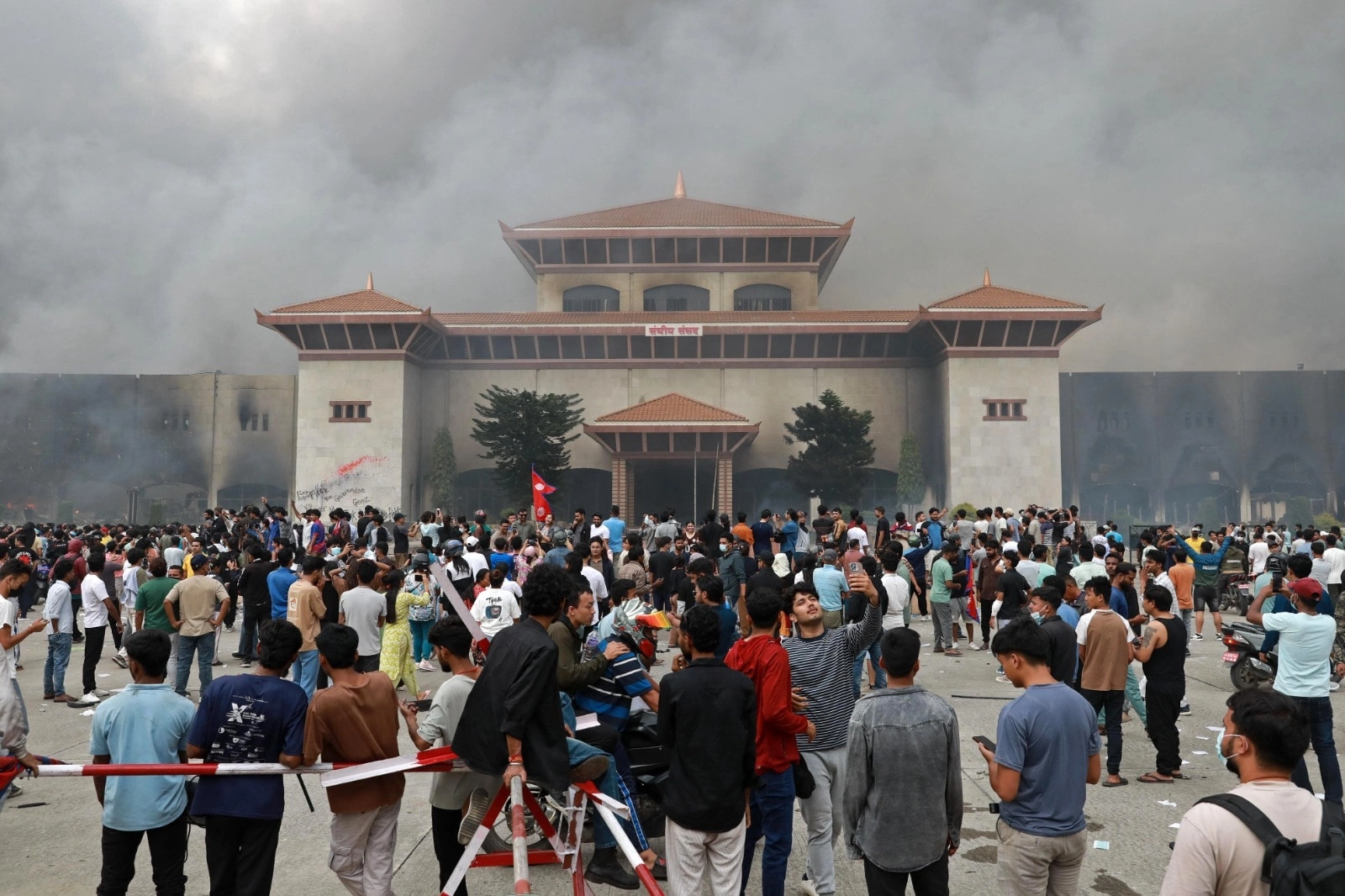Manohar Lal Khattar, the Chief Minister of Haryana, recently addressed the expulsion of Tej Pratap Yadav from the political arena, labeling the sentiment surrounding it as “politically insignificant.” This comment reflects the prevailing attitude among certain political leaders who often dismiss rival factions or members as inconsequential when they are marginalized within the political landscape. Khattar’s remarks come in the context of a broader political discourse where party dynamics and individual roles are scrutinized, particularly when significant figures face expulsion or exclusion from their parties.
Tej Pratap Yadav, a notable figure and son of former Bihar Chief Minister Lalu Prasad Yadav, has been embroiled in controversies that led to his recent expulsion. His removal from the political fold not only highlights the internal rifts within his party but also raises questions about the future of his political career. Khattar’s characterization of Yadav’s expulsion as insignificant suggests a strategic dismissal of the impact that such events can have on public perception and party cohesion. It underscores a common political tactic where leaders attempt to downplay the significance of their opponents’ challenges, aiming to fortify their own position and diminish the perceived threat.
The implications of Khattar’s statement extend beyond mere political banter; they reflect the ongoing struggle for power and influence within regional politics. In a landscape where party loyalty and public sentiment can shift rapidly, the ability to frame narratives is crucial. By branding Yadav’s situation as politically insignificant, Khattar not only seeks to undermine the potential support Yadav might still command but also reinforces his own political narrative, positioning himself as a stable leader amidst the chaos of rival party dynamics.
As the political climate continues to evolve, the reactions to such expulsions will likely play a significant role in shaping voter sentiment and party strategies. The interplay of individual political fortunes and broader party dynamics will be closely monitored, especially in light of upcoming elections. Khattar’s comments may resonate with his supporters, but they also risk underestimating the complexities of voter behavior and the potential for political comebacks, even from those deemed politically insignificant. In this way, the political landscape remains fluid, with the implications of Yadav’s expulsion likely to reverberate through future electoral contests.




